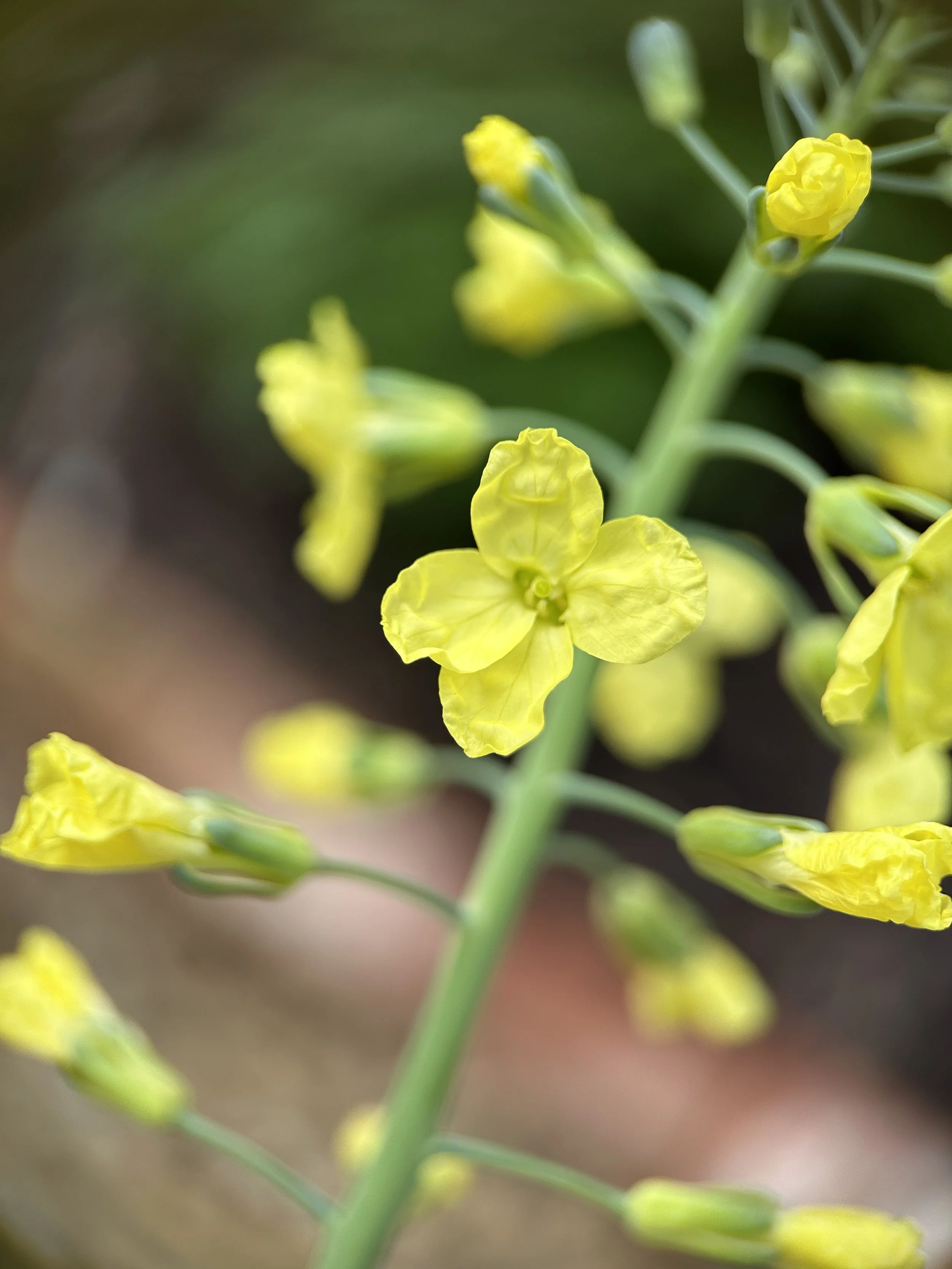Decoy Plants
Lets discuss decoy plants, also known as ‘trap crops’ or ‘sacrificial plants.’ Using decoy plants in your veggie patch is a natural way to protect your crops from pests and diseases. Some can also attract beneficial insects to your patch that may predate on the unwanted ones.
Decoy plants can do things like emit chemical signals that can attract or repel certains pests, and some provide an alternative food source attracting insects away from your main crops. Planting trap crops is a form of companion planting, where different plants are grown together to improve growth, health and pest resistance.
Some popular decoy plants for the vegetable garden include:
1. Nasturtiums - These colourful flowers attract aphids, whiteflies, and other pests, keeping them away from vegetables like cabbage, kale, and broccoli. You can also eat every part of Nasturtiums, leaves, flowers and even the seeds are edible. Win win!
2. Marigolds - With their bright orange and yellow blooms, marigolds lure nematodes, aphids, and other pests, protecting tomatoes, carrots, and other vegetables.
3. Radish - Radish's fast growth and strong scent attract flea beetles, cucumber beetles, and other pests, saving nearby vegetables like cucumbers, squash, and eggplants.
4. Lavender - Lavender's calming scent repels biting bugs like mosquitoes and moths, creating a protective barrier around vegetables like tomatoes, peppers, and eggplants.
5. Basil - This popular herb repels aphids, mites, and flies, making it an excellent companion for vegetables like tomatoes, peppers, and cucumbers.
6. Dill - Dill's tall, slender stems and fragrant leaves attract aphids and other pests, protecting nearby vegetables like cucumbers, carrots, and broccoli.
When using sacrificial plants in the patch:
Plant them around the edge or intersperse them amongst your veggies.
Plant them at the same times as your main crops.
Remove and dispose of any that may become infested with unwanted pests to prevent the population from building up.
By incorporating them into your patch you will help create a more balanced ecosystem that reduces the need for harmful pesticides. This chemical free approach will have you enjoying a bountiful harvest whilst keeping your garden thriving.
See you in garden.

